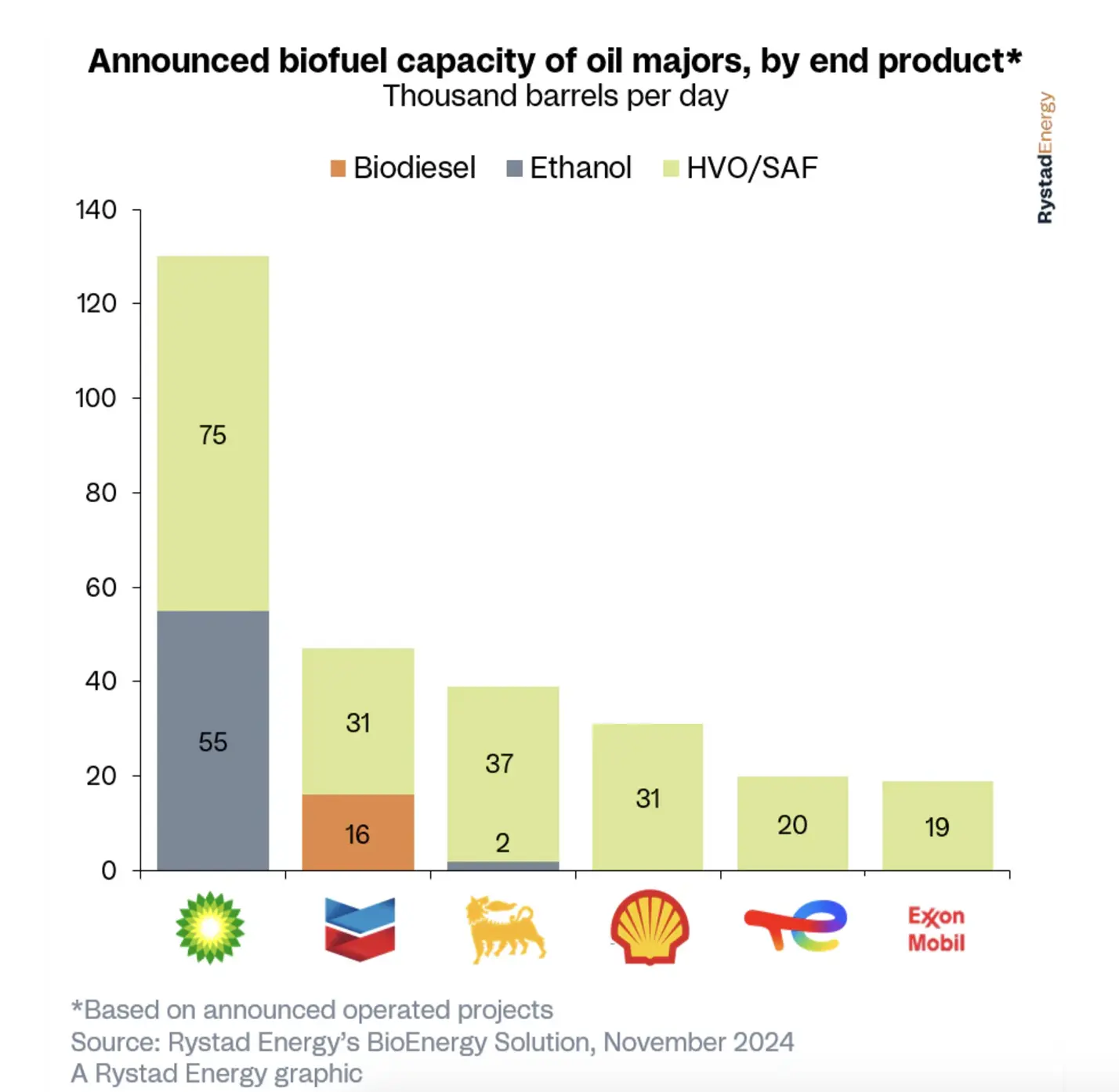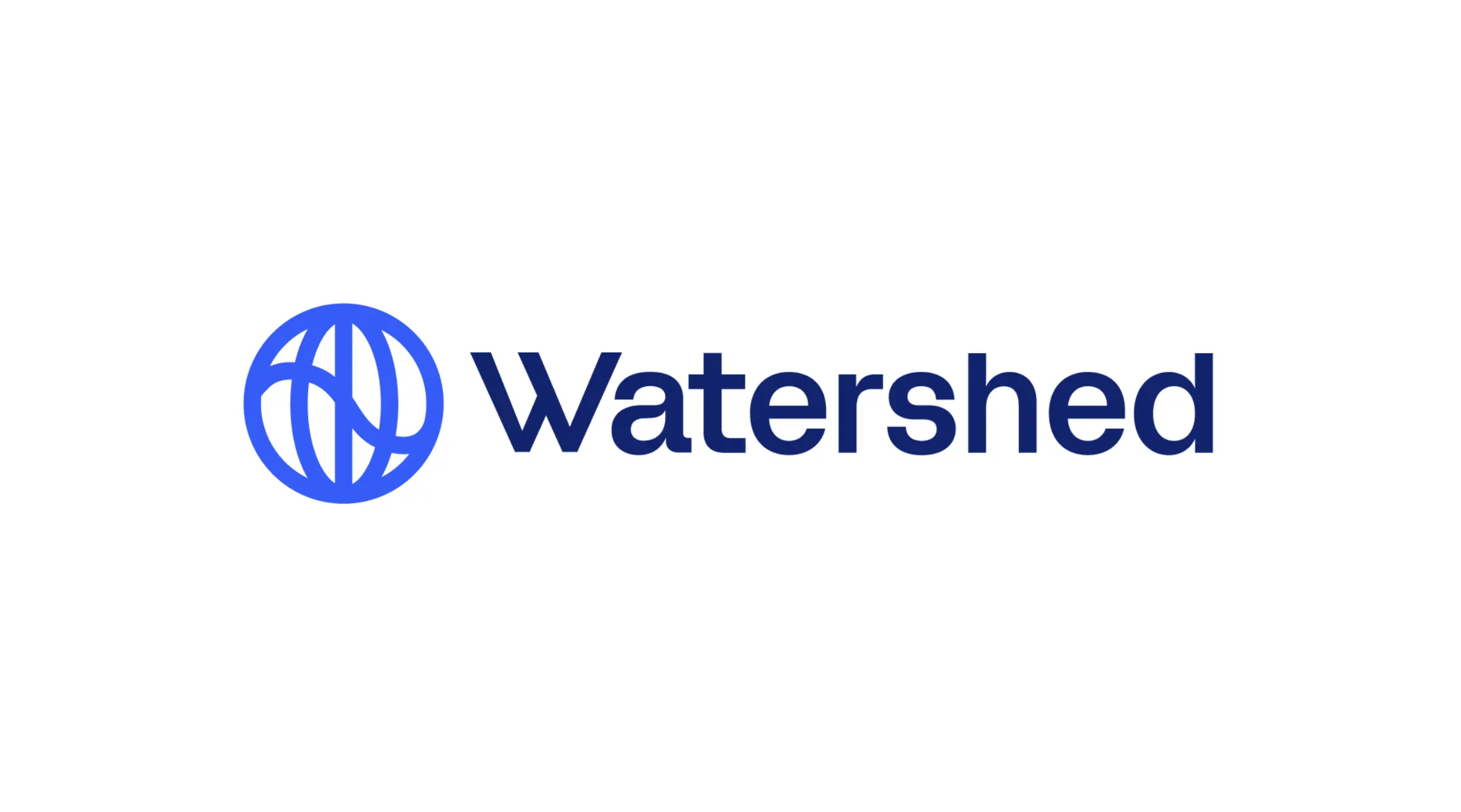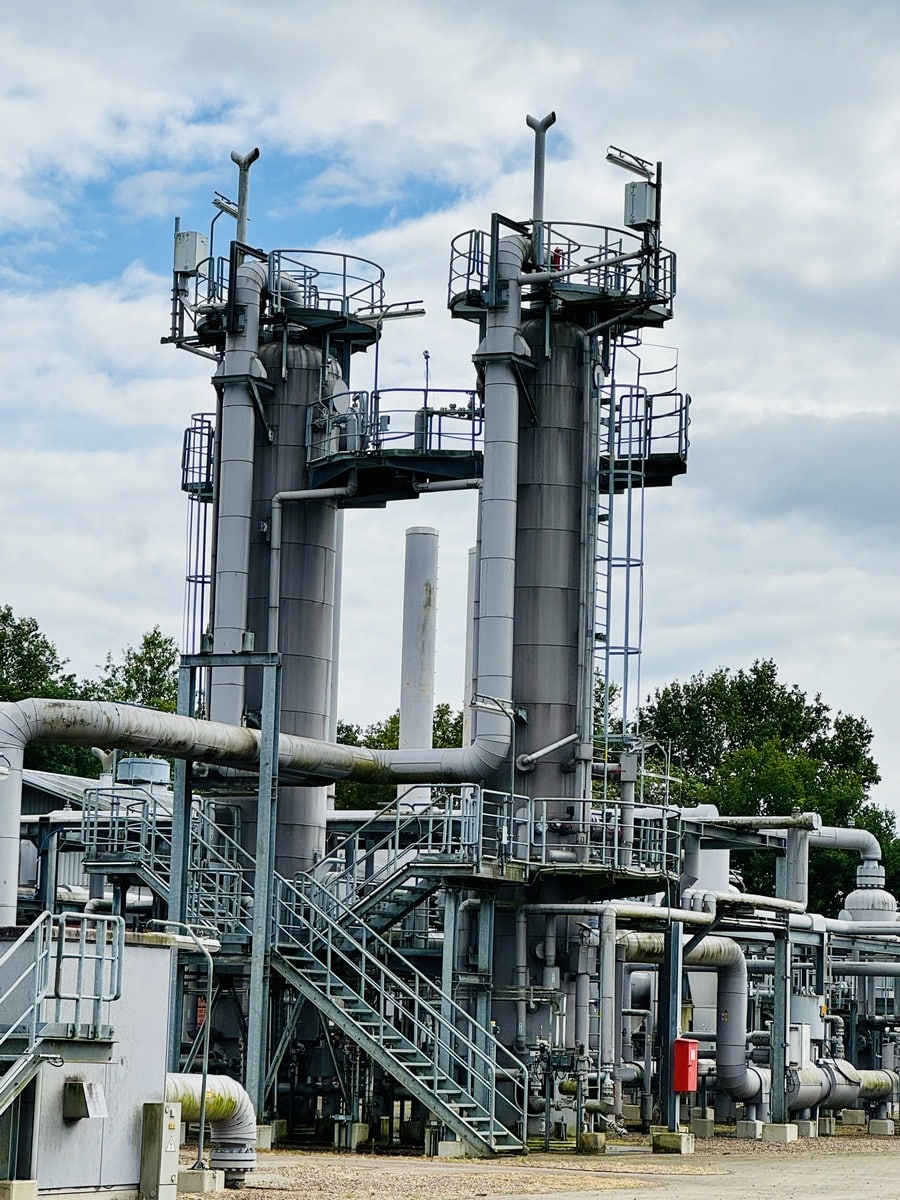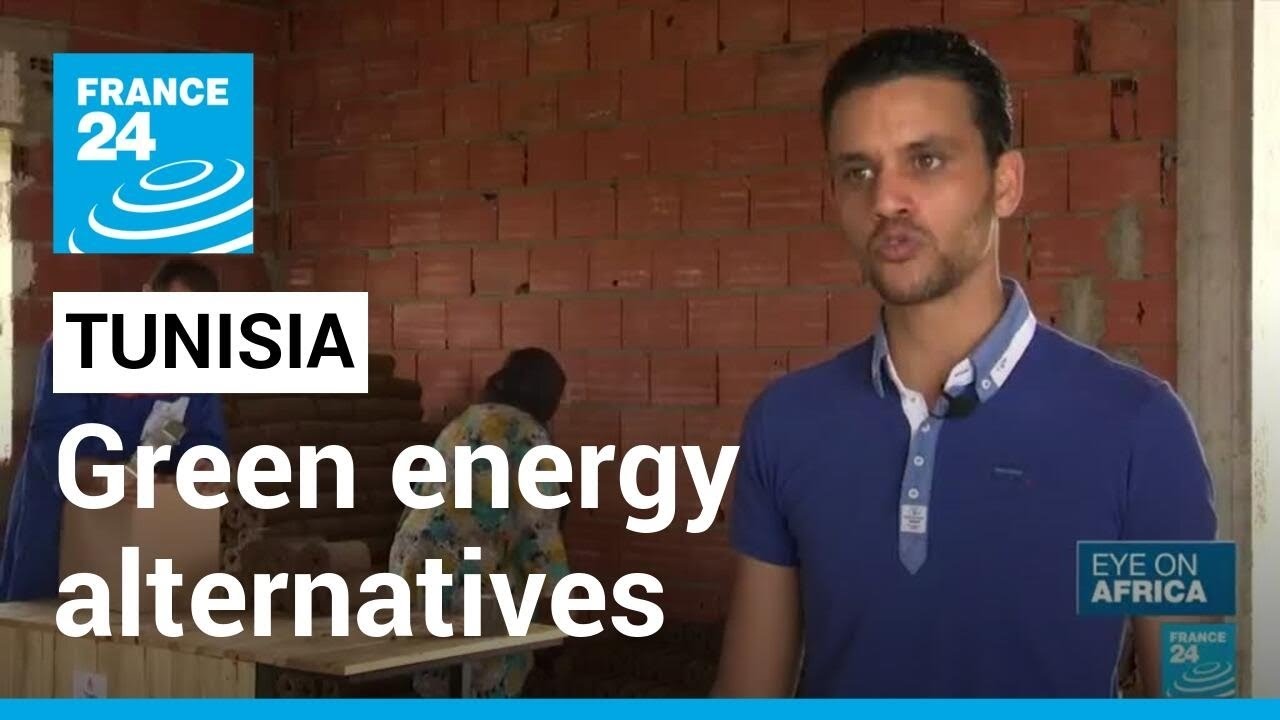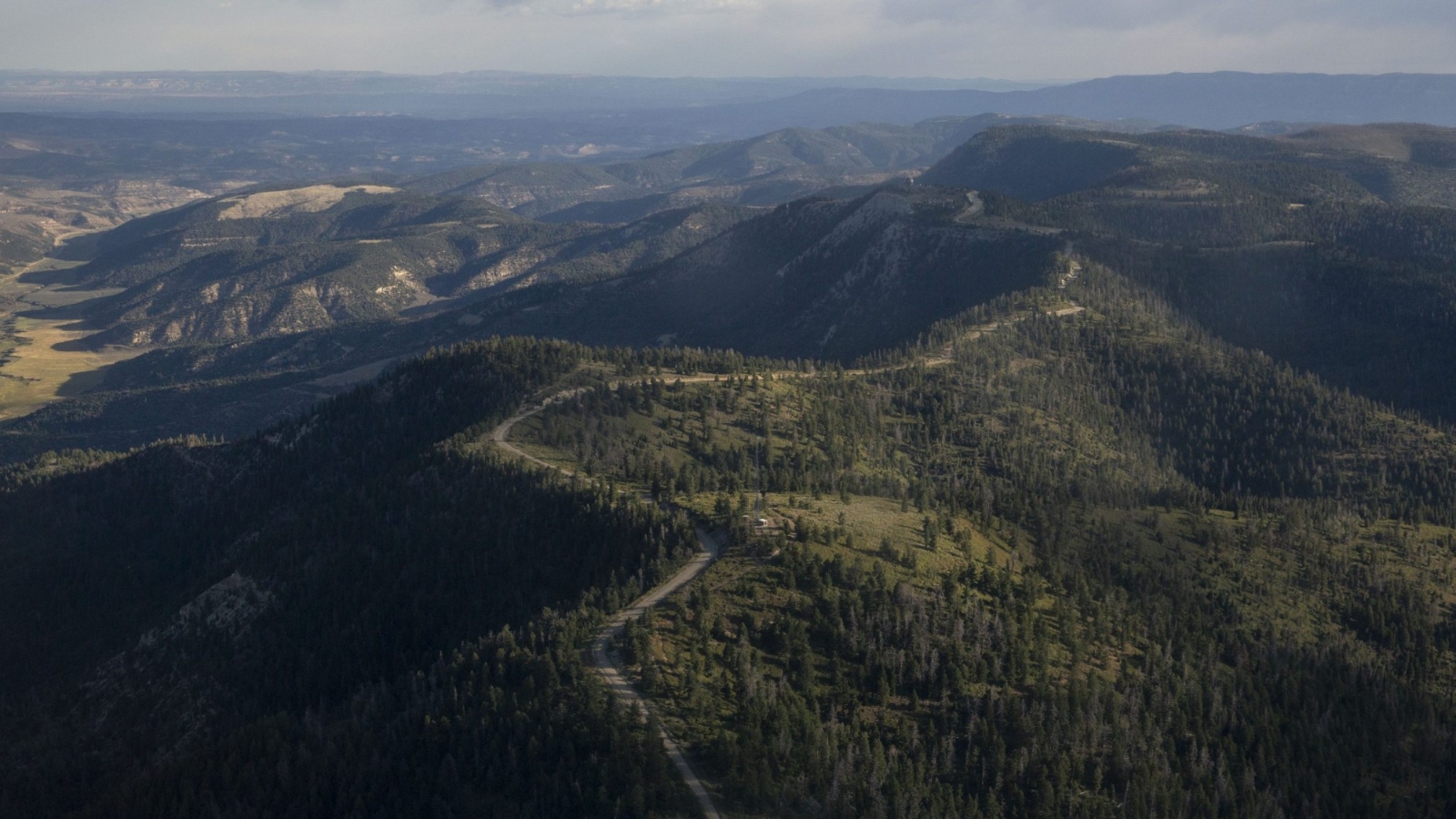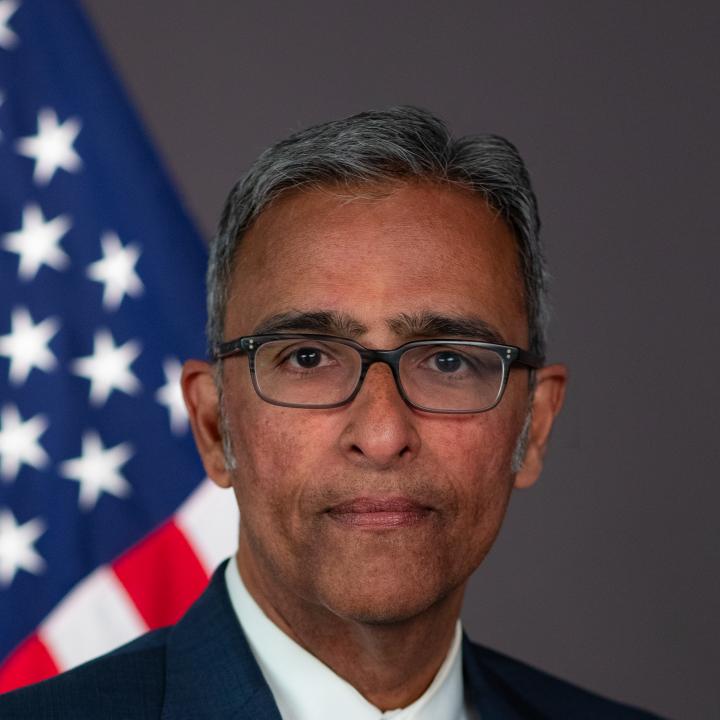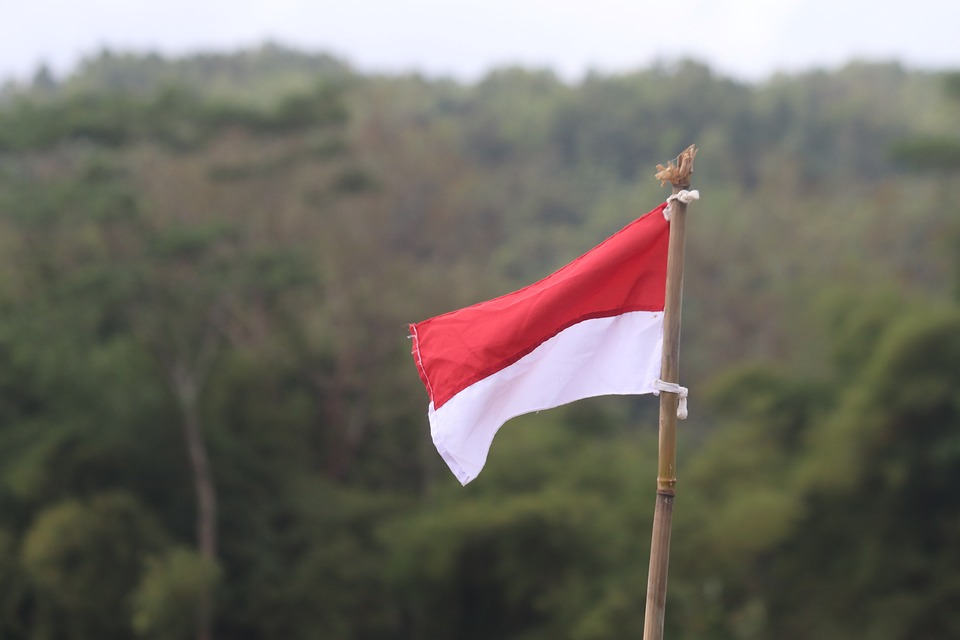
Indonesia begins B40 biodiesel trial on trains ahead of plans for implementation in 2025.
Indonesia has begun its first B40 biodiesel trial on trains, using a 60% diesel- and 40% palm-based biofuel blend on a train plying the Yogyakarta-Pasar Senen route, as the country plans to implement B40 mandates next year, the country’s energy and mineral resources ministry said July 23.
The trial aims to assess the train’s performance over 1,200 hours, with the ministry expecting it to take about 50 round trips or about two months to achieve the desired results, while adding that trials in the mining, shipping and power generation sectors could begin soon.
Eniya Listiani Dewi, the ministry’s director general of new renewable energy and energy conservation, said:
We hope that all usage tests can be completed by December so that full-scale use of B40 can be implemented by 2025.
Indonesia currently mandates that biodiesel should account for 35% of the nation’s gasoil supply, or B35, but as the country moves to implement its B40 program by next year, the ministry estimates that about 16 million kiloliters of B40 blended fuel will be needed.
This use of B40 would also translate to an approximate cut of 42.5 million mt of carbon dioxide emissions in 2025.
The use of B40 is also expected to increase the country’s foreign exchange savings by reducing its reliance on diesel imports, the ministry said.
In 2023, Indonesia saved about Rupiah 122 trillion (USD 7.5 billion) by using B35 in its automotive and non-automotive sectors, and Eniya estimates that the savings in 2024 should be comparable.
“If next year we switch to B40, the savings could reach around USD 9 billion (around Rupiah 144 trillion),” she said.
State-owned rail operator Kereta Api Indonesia, or KAI, said that the company currently uses 300 million liters of B35 fuel and has not encountered any issues.
Suryawan Putra Hia, KAI Vice President of Logistics, said:
So far, there have been no issues with using biodiesel for train fuel. It might be a big challenge with B100, but we are optimistic that B40 will not have a significant impact on the engines.
To conduct such trials, KAI has built blending facilities and refueling stations at five locations, namely Cipinang in Jakarta, Arjawinangun in Cirebon, Cepu in Blora, Lempuyangan in Yogyakarta and Pasar Turi in Surabaya.
Rising mandate woes
Indonesia is the world’s largest palm oil producer and exporter, with the highest biodiesel blending mandates globally, aimed at supporting its chief agricultural commodity and boosting farmers’ incomes.
However, rising mandates have fueled concerns as the biodiesel program is subsidized by exports of crude palm oil and palm oil products through a price-based levy system.
Indonesia is expected to produce 51.02 million mt of palm oil in the marketing year 2023-24, with 27.9 million mt slated for export, 6.9 million mt for domestic food use and 12.3 million mt for industrial use — primarily as a feedstock for making biodiesel, according to a US Foreign Agricultural Service forecast earlier this year.
In March, the Indonesian Palm Oil Association told S&P Global Commodity Insights that the country’s palm oil exports are expected to dip by 2.2 million mt in 2024 as the country diverts more supply toward fulfilling its biodiesel mandate.
Meanwhile, Indonesia’s incoming president-elect Prabowo Subianto said he plans to implement a 50% biodiesel fuel (B50) and a 10% bioethanol fuel (E10) mandate by 2029.
Platts, part of Commodity Insights, assessed CPO FOB Indonesia up $8 on the day at $930/mt on July 22, while biodiesel FOB Southeast Asia was assessed up $5/mt at $1,054/mt over the same period.
READ the latest news shaping the biofuels market at Biofuels Central
Indonesia begins B40 biodiesel trial on trains ahead of plans for implementation in 2025. source


